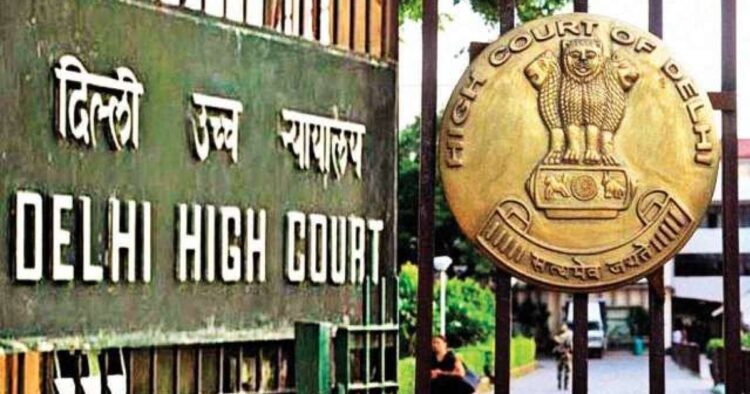In a recent development, the Delhi High Court has directed the Central government, Delhi government, and relevant authorities to make a decision on a public interest litigation (PIL) that advocates linking Aadhaar with property documents. The bench, consisting of Justice Rajiv Shakdhar and Justice Girish Kathpalia, has given a three-month deadline for the respondents to respond to the plea filed by BJP Leader Ashwini Kumar Upadhyay.
The petitioner’s plea specifically calls for the linkage of movable and immovable property documents with citizens’ Aadhaar numbers. The court has instructed the authorities to treat the plea as a representation and come to a decision within the stipulated three-month period.
Previously, the court had involved the Ministry of Finance, Ministry of Housing & Urban Affairs, Ministry of Rural Development, and Ministry of Law in the matter. The Delhi government and the Home Ministry were granted additional time to clarify their stance on the plea. The court also directed the petitioner to amend the petition and include more relevant ministries in the case.
Advocate Ashwini Kumar Upadhyay, a BJP Leader, contends that linking property documents with Aadhaar will help combat corruption, curb black money generation, and prevent benami transactions. The plea argues that such a move could contribute to a 2% increase in annual growth and address issues in the electoral process tainted by black money and benami transactions.
The petitioner emphasizes the need for effective implementation of existing legislations, citing the Benami Transactions (Prohibition) Act of 1988. While acknowledging the 2016 amendment to the act, the plea highlights the slow progress in catching benami properties. The petitioner urges the state to take decisive action against corruption, seize illegally acquired benami properties, and send a strong message that the government is committed to fighting corruption and black money generation.
In conclusion, the PIL underscores the importance of executive action to uphold the rule of law, transparency, and to deter corrupt practices, signaling a commitment to protecting public trust.

















Comments